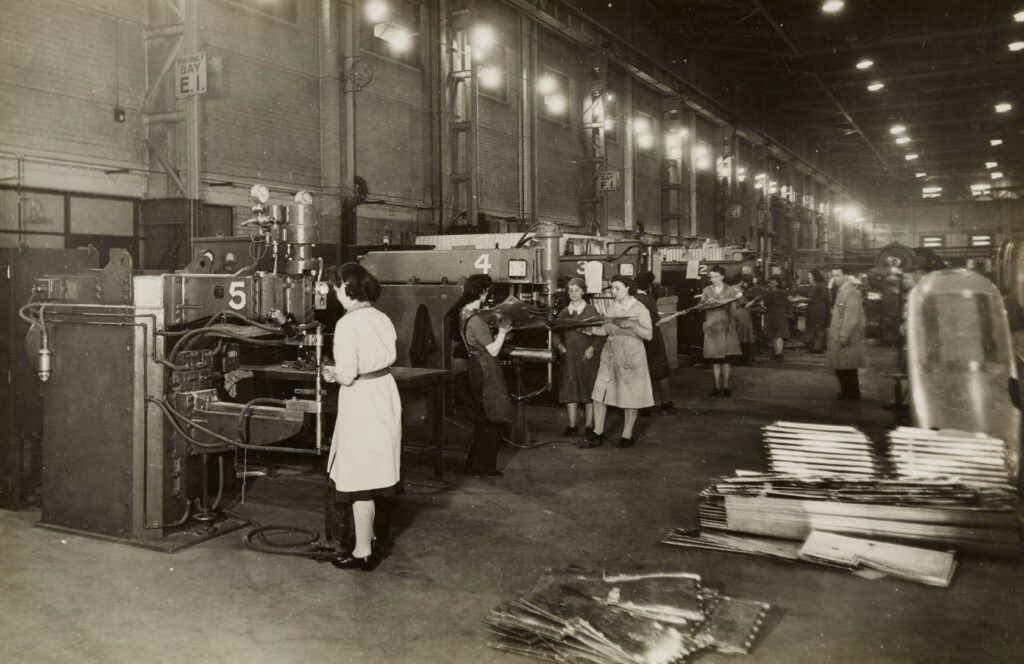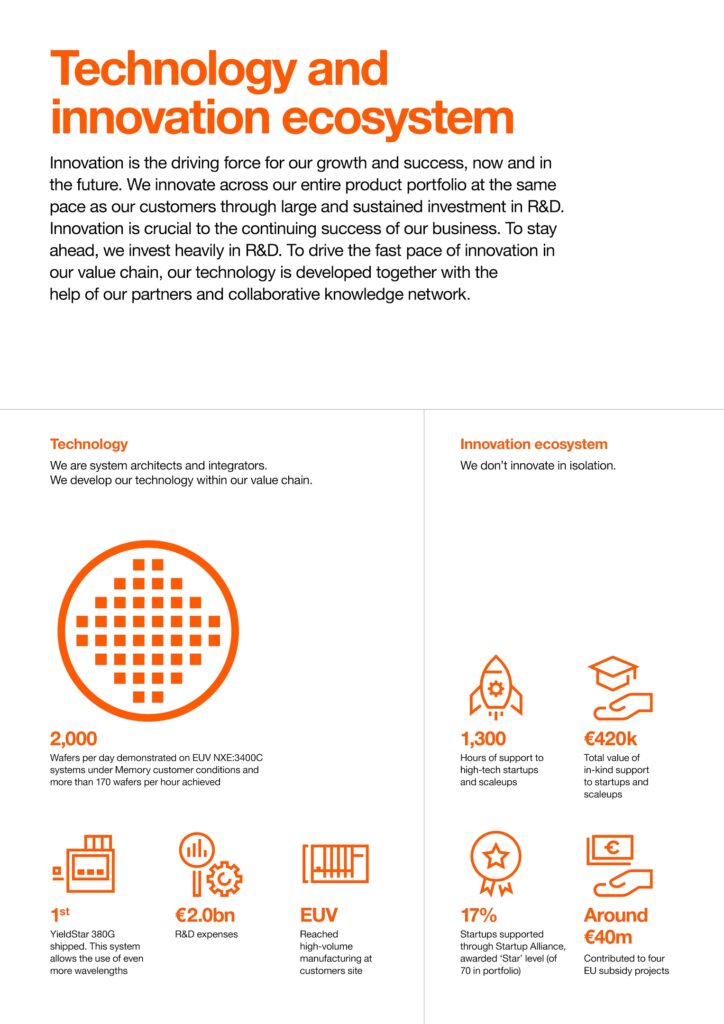Introduction
Why would you do everything on your own?
To stay competitive in the long term, and to survive, businesses need to continuously improve (under market pressure the process has to speed up, improve and the cost have to reduce) and work on products and services of the future. What is sufficient today, isn’t tomorrow.
Products, services and processes are getting more and more complicated and demand specific knowledge, skills and facilities.

As an individual company, certainly as a SME, it is not possible to gather all this knowledge in-house. The best, and sometimes only solution, is to focus on the best qualities and key activities of the business while working together with specialists.
Collaboration then
In the 1970s and 1980 companies were ‘perpendicularly integrated’, which means that they organized almost all business activities in-house. For example, Phillips in Eindhoven had its own cardboard factory (for packaging) and an air separation factory (for technical gasses). Phillips needed relatively little knowledge and expertise from other companies.

Collaboration now
Today, most companies – including Philips – focus on a select number of core activities. Packaging, for example, is left to specialized companies such as Faes Cases. When a new product calls for new packaging, good collaboration is needed. The product has to reach the customer safely after all.

Collaboration in the future
This development is expected to continue. Supply and after sales networks are growing larger and more complex because of specialization. A company like ASML has to deal with thousands of suppliers and service partners. The role of external parties (suppliers, universities and research institutes, engineering companies and service partners) in the development of new products and services is increasing. The SME fulfills the role of a fast and flexible expert.

Expanding into networks



We are system architects and integrators. We develop our technology within our supply chain
~ASML
